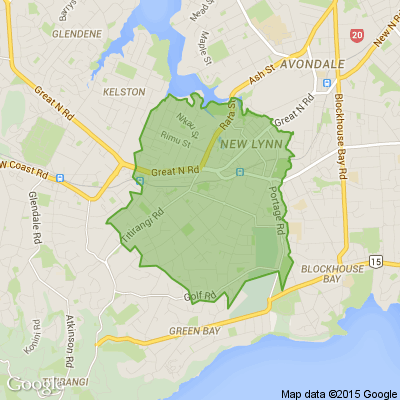Last day at 50km/h: Auckland CBD speed limits to drop from tomorrow--- June 30
On June 30, almost all 50km/h streets in the CBD - including the likes of Karangahape Rd, Symonds St and Quay St - will fall to 30km/h. Fanshawe St, Hobson St and Nelson St drop to 40km/h, while Federal St and Elliott St, which are shared with pedestrians, will be 10km/h. An interactive map released earlier this month shows almost every major road in the CBD will see speed limits drop as part of Auckland Transport's (AT's) Safe Speeds programme. While road safety advocacy organisation Brake NZ supports the lower speed limits, it wants them introduced more frequently beyond the confines of the city too. "We would like to see this rolled out much more widely in the future," the charity's director Caroline Perry told. "[We want lower limits] in a lot of our communities, suburban centres, around schools and childcare centres - all those areas that global best practice tell us we should have those low 30km/h speed limits for the best chances of safety and saving lives in those areas."
Many rural roads in the Rodney and Franklin districts will see reductions, while changes will also be made to limits on about 100 other roads across the Auckland region on Tuesday. But it's in the inner city that speed limit changes will be most pronounced, with almost every single major road to be affected. "We support these lower speed limits… the World Health Organization says where people on foot and bike are mixing with motorised traffic, it should be 30km/h limits or less," Perry said. "It makes sure if the worst happens, and you're involved in a crash with someone who's a pedestrian or a cyclist, they have the best chance of survival. The reduction in speed makes a big difference." In 2016, Christchurch City Council implemented a 30km/h zone of its own in its CBD. The impacts were notable - a 36 percent reduction in crashes resulting in injury in the two years to March 2018, compared to the two-year period prior. Perry says while the safety impacts are obvious, it's also made the inner city "more liveable and more accessible in terms of people feeling safe to go out and walk and cycle". "That's what we really want in our urban centres," she said. In 2018, 54 people died on Auckland's roads and 595 others were left with serious injuries. AT says it wants to see that number drop to zero by 2050.
========================================================
What word sums up 2024, neighbours?
If 2020 was the year of lockdowns, banana bread, and WFH (work from home)....
In one word, how would you define 2024?
We're excited to see what you come up with!

⚠️ DOGS DIE IN HOT CARS. If you love them, don't leave them. ⚠️
It's a message we share time and time again, and this year, we're calling on you to help us spread that message further.
Did you know that calls to SPCA about dogs left inside hot cars made up a whopping 11% of all welfare calls last summer? This is a completely preventable issue, and one which is causing hundreds of dogs (often loved pets) to suffer.
Here are some quick facts to share with the dog owners in your life:
👉 The temperature inside a car can heat to over 50°C in less than 15 minutes.
👉 Parking in the shade and cracking windows does little to help on a warm day. Dogs rely on panting to keep cool, which they can't do in a hot car.
👉 This puts dogs at a high risk of heatstroke - a serious condition for dogs, with a mortality rate between 39%-50%.
👉 It is an offence under the Animal Welfare Act to leave a dog in a hot vehicle if they are showing signs of heat stress. You can be fined, and prosecuted.
SPCA has created downloadable resources to help you spread the message even further. Posters, a flyer, and a social media tile can be downloaded from our website here: www.spca.nz...
We encourage you to use these - and ask your local businesses to display the posters if they can. Flyers can be kept in your car and handed out as needed.
This is a community problem, and one we cannot solve alone. Help us to prevent more tragedies this summer by sharing this post.
On behalf of the animals - thank you ❤️









 Loading…
Loading…





